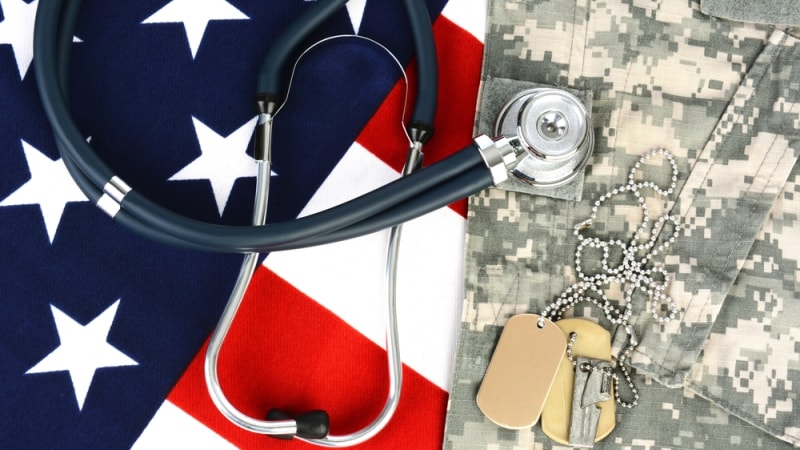
There is a great amount of concern on both sides of the aisle surrounding the Department of Veterans Affairs (VA) ability to ensure timely access to healthcare.
At a U.S. Senate Committee on Veterans’ Affairs hearing on Sept. 21, VA Secretary Denis McDonough yielded tough questions from several senators on how he plans to execute the one thing everyone in the room agreed upon: fast, quality healthcare for veterans.
There was disagreement on whether veterans should access their healthcare primarily through the Veterans Health Administration (VHA) or use alternative community care options, but regardless, the VA needs to improve the amount of time it takes for a veteran to be able to see a doctor.
“At VA we come to work every day to ensure access to timely, world-class care for America’s veterans. [We are] ensuring that they receive the best possible care wherever they access that care – at the VA or in the community,” McDonough said in his opening remarks. “We are not where we need to be on timely scheduling of appointments. But as we have seen this record volume [of appointments], we are making steady progress in reducing wait times.”
One major concern of these lengthy wait times, brought up by Sen. Hassan, D-N.H., is mental health care for veterans. In New Hampshire, she said, the wait time for an appointment is currently 22 days.
McDonough acknowledged that the VA has needed to fix their wait times since before he arrived at the agency. In July, he said the website underwent some changes, and average wait times are now “better aligned to what veterans experience.”
Another way to help mitigate this lengthy process is through telehealth.
“We are planning to propose incorporating VA telehealth availability into determinations regarding eligibility,” McDonough said. “I know this will require careful consideration, and that’s why we will welcome public and Congressional input on the proposal when we make it. Telehealth is part of the evolving ways in which care is delivered, and it improves our ability to provide that care.”
Chairman of the committee, Sen. Tester, D-Mont., also urged the VA to not only collect data on the timely manner of both VHA and community healthcare and its quality, but also to make it accessible to the public in the name of transparency.
“There’s just not data on the timeliness of community care. I really encourage VA to identify how that might be possible to publicly report the data in the same way that the data is currently available for care delivered by VA facilities,” witness Carrie Farmer, co-director of the Epstein Family Veterans Policy Research Institute and senior policy researcher of RAND Corporation testified.
“I do believe there is a way to report this information in a way that can help dispel what I think is a myth that getting care in the community can be faster than getting care from a VA facility,” Farmer added.
The VA recently utilized technology to cut veterans’ wait times for benefits from months to minutes.
“We are making progress, but let nobody mistake me for saying we are doing enough,” McDonough continued, “We will continue to do better on this.”
